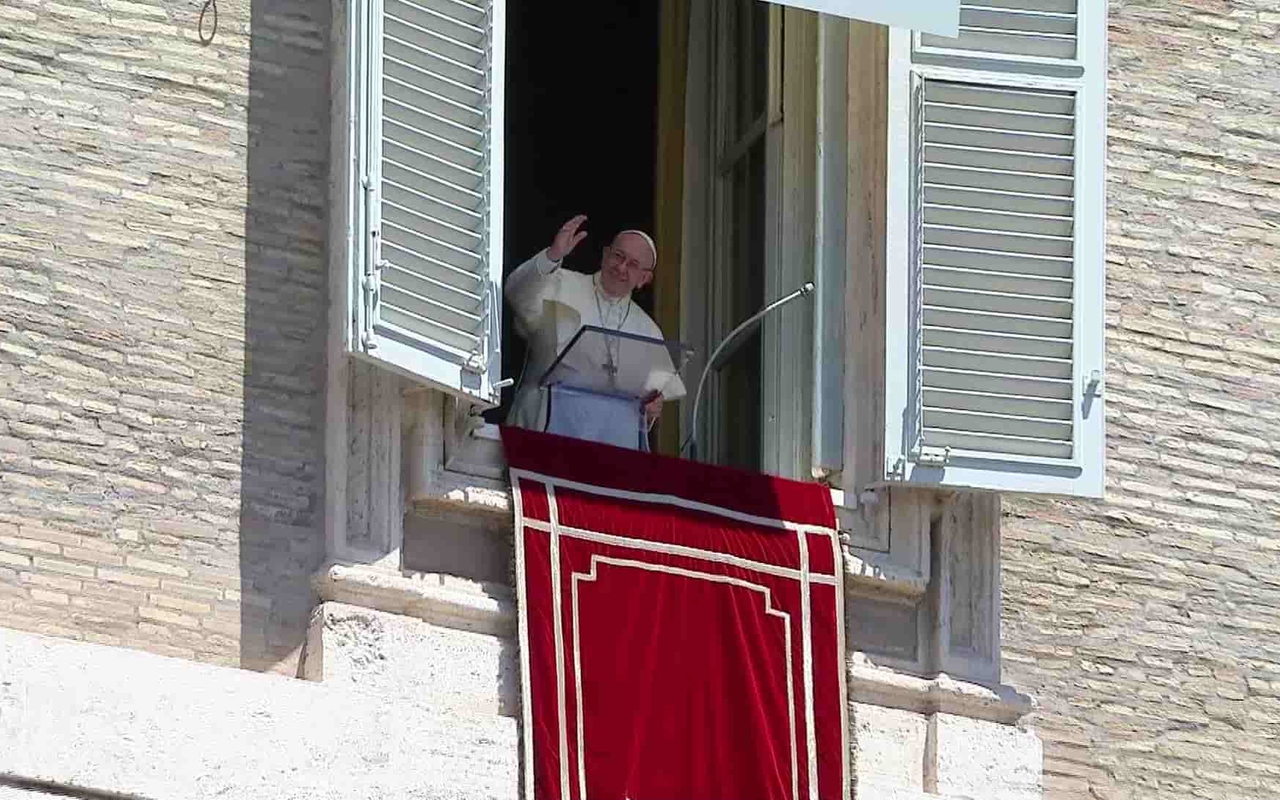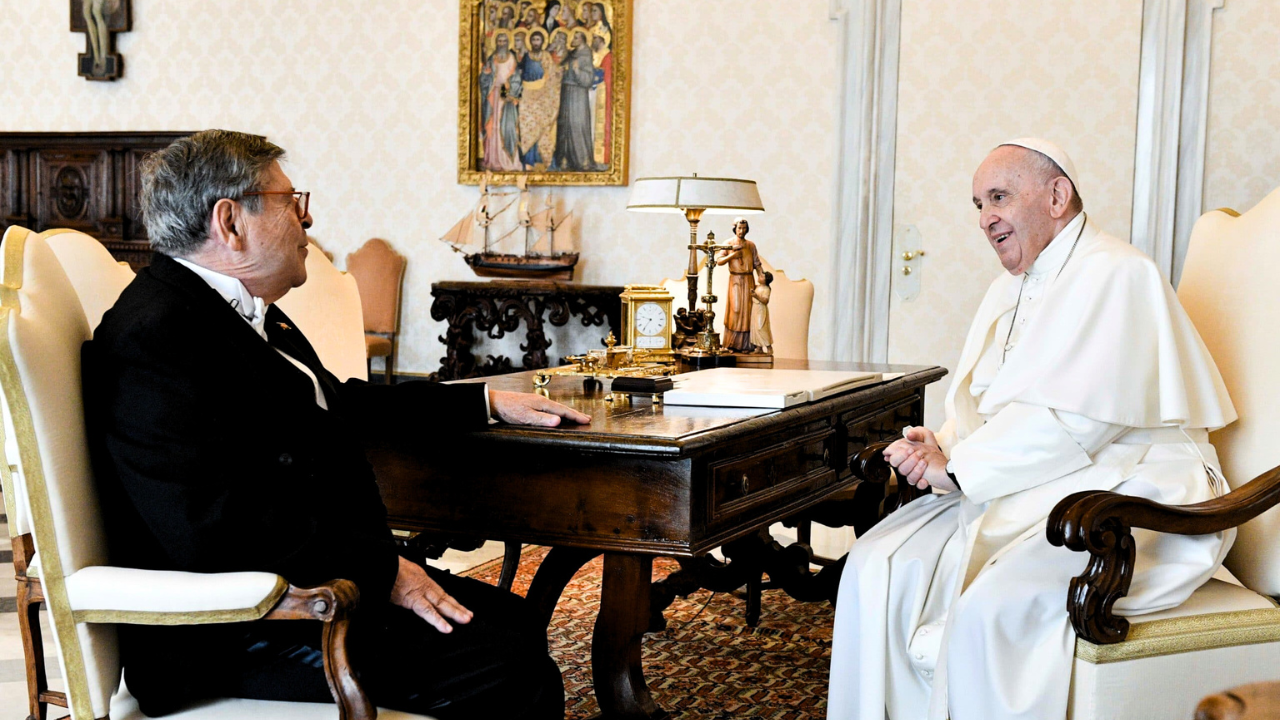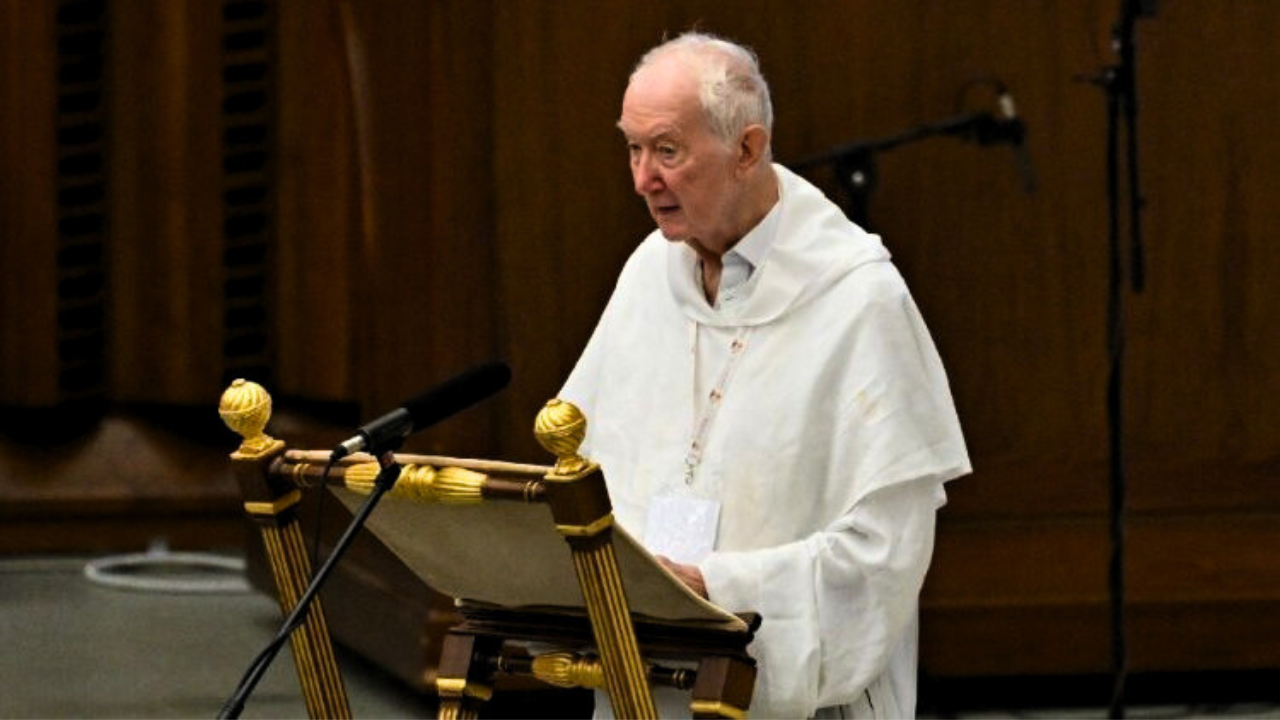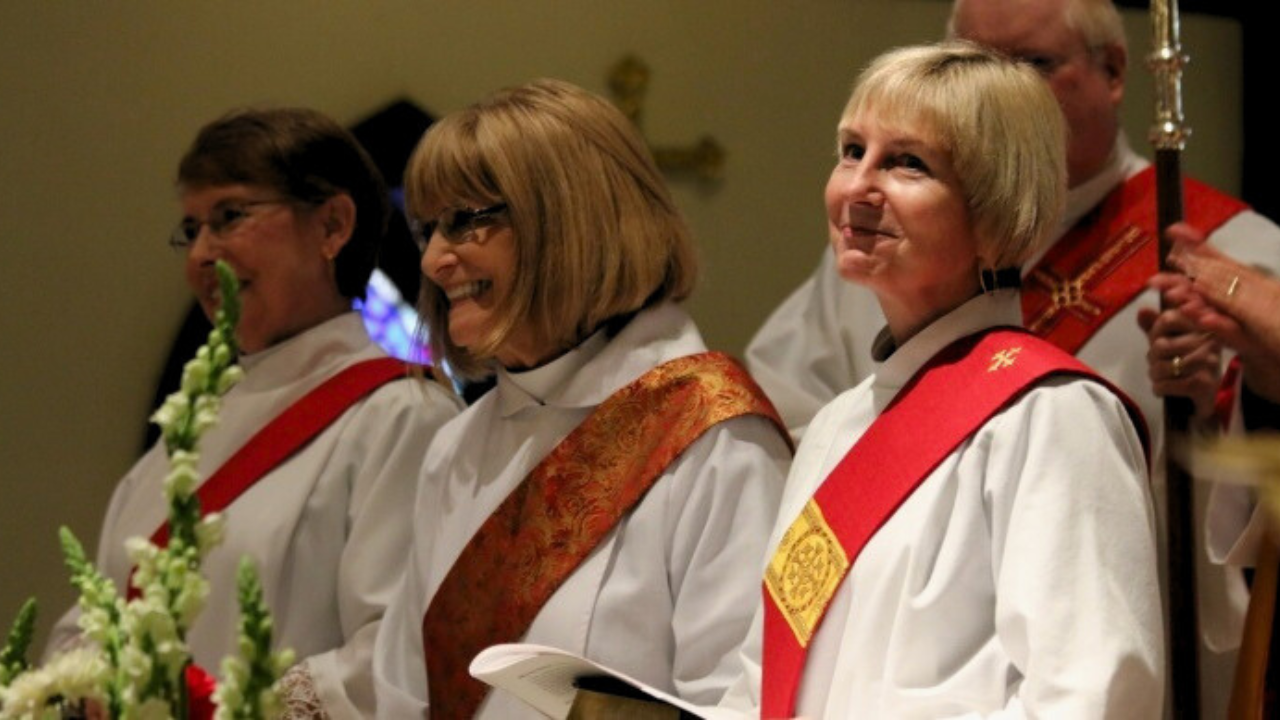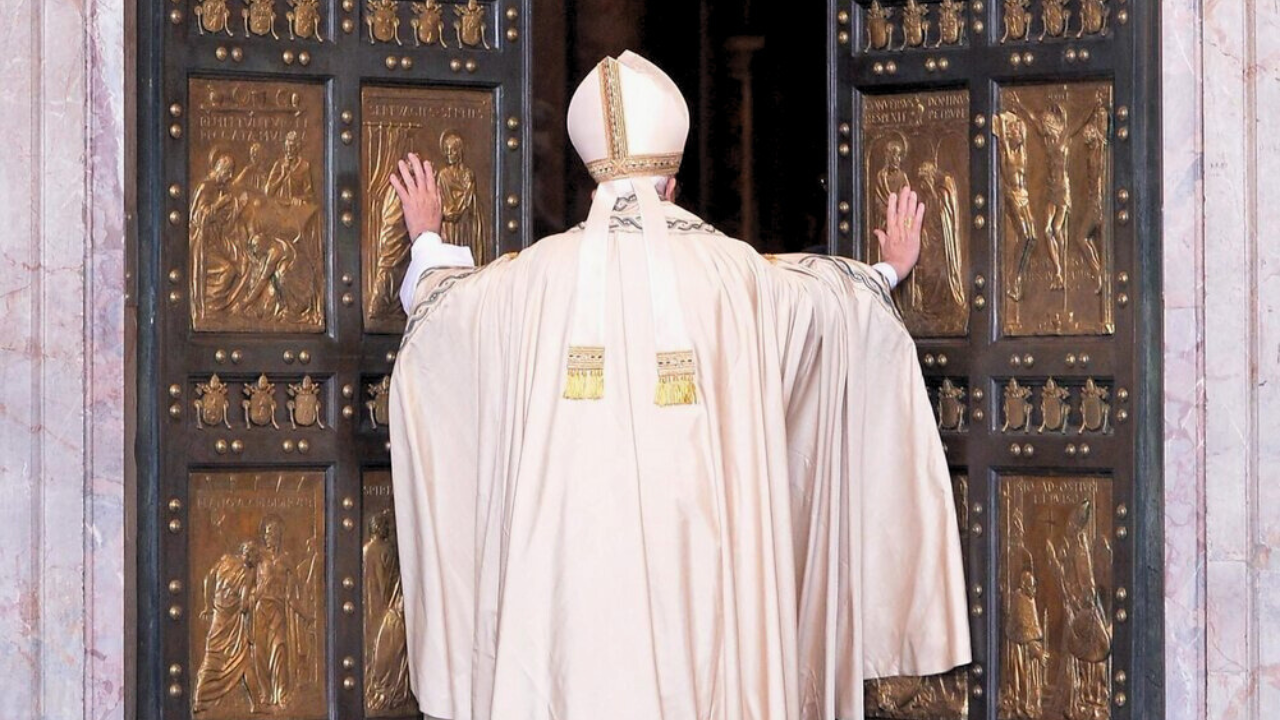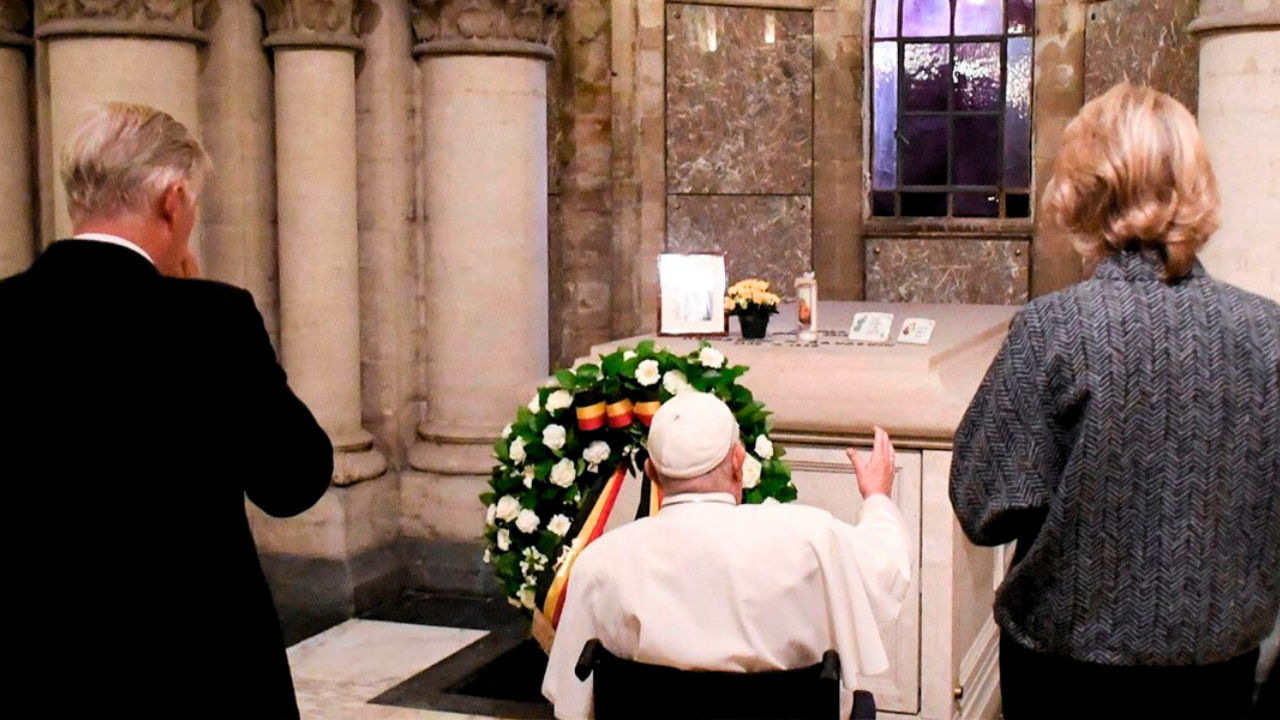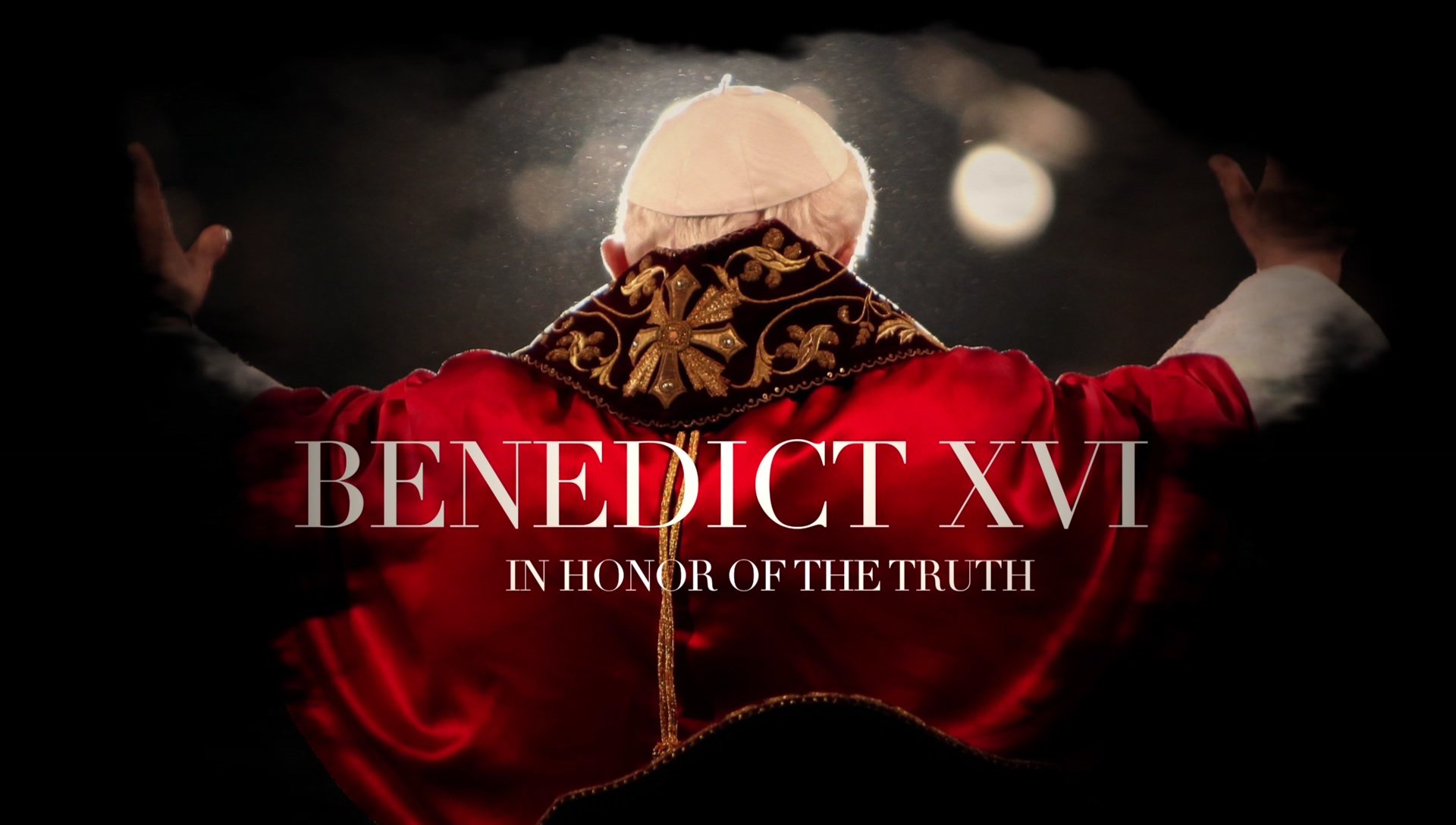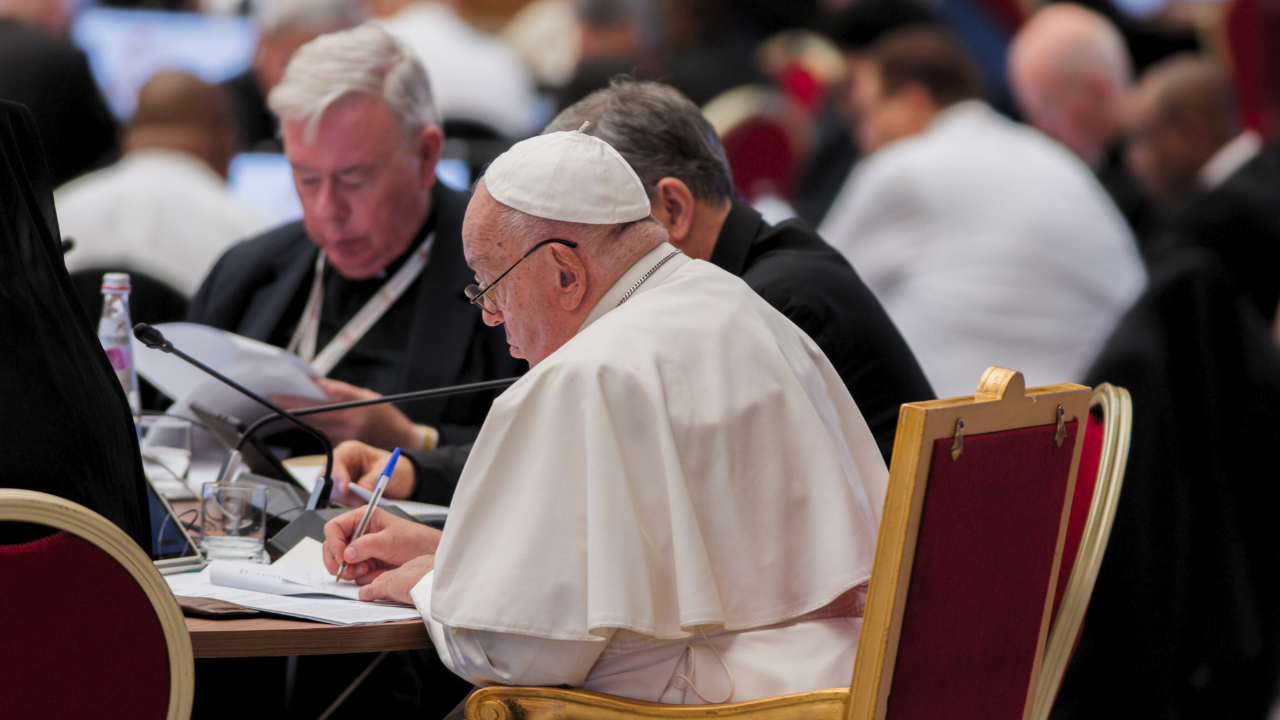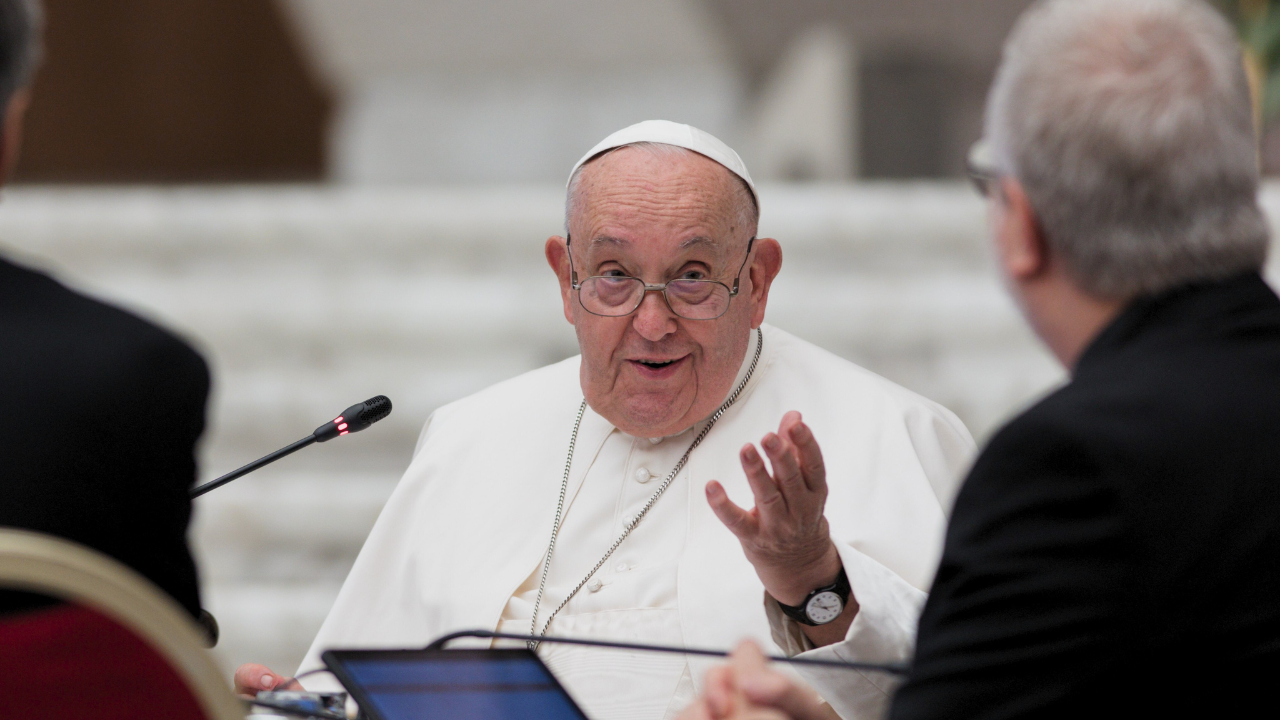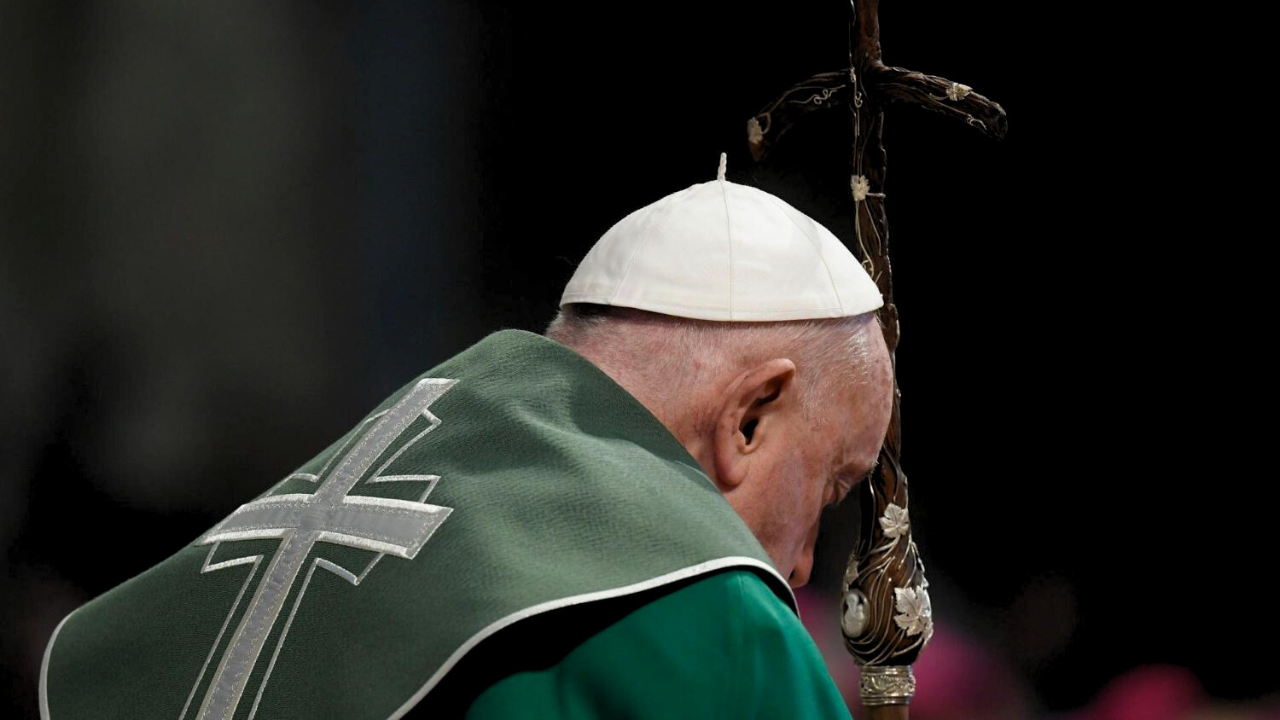The Pontifical Biblical Institute is celebrating their 110th anniversary. It was founded by Saint Pius X in 1909 and specializes in studying Sacred Scripture to promote “biblical teaching and related studies, in accordance with the spirit of the Catholic Church.”
Recently they cosponsored a conference called “Jesus and the Pharisees: An Interdisciplinary Reappraisal” at the Pontifical Gregorian University, in Rome.
It has been examining the historical and popular interpretations of the meaning “Pharisee”; and how at times it is has been used to derogatorily refer to Jews in general.
RABBI DAVID ROSEN
American Jewish Committee
“The need to sensitize people to who were the Pharisees. The connection between the Pharisaic tradition and Jewish people today. The connection between Jesus and the Pharisees in His time; and Paul who studied with Pharisaic teachers and the Pharisaic teachers who were constructive in the Christian story. All these things need to be properly understood in order to ensure that we do not fall victim to prejudices and stereotypes and misrepresentations.”
Rabbi David Rosen, Director of International Inter-religious Affairs for the American Jewish Committee, notes how in the past popes have previously warned through Church documents the misuse of terms and generalizations.
He says Pope Francis has been important in promoting reconciliation between the Catholic Church and Jewish people; and can help in further drawing attention to the stereotype use of the term “Pharisee.”
RABBI DAVID ROSEN
American Jewish Committee
“The problem is not so much Pope Francis' use. The problem is let say some priest in Bogota who says, 'well the pope talks like that about the Jews, why don't I?' And then applies it today in a prejudicial negative manner. So to highlight this need to be sensitive is very important.”
During their three day conference, Pope Francis met with them in the Vatican. In his prepared speech he noted how the “history of interpretation has fostered a negative image of the Pharisees, often without a concrete basis in the Gospel accounts.” He hopes this study will further deepen a greater understanding of who exactly the Pharisees were.
